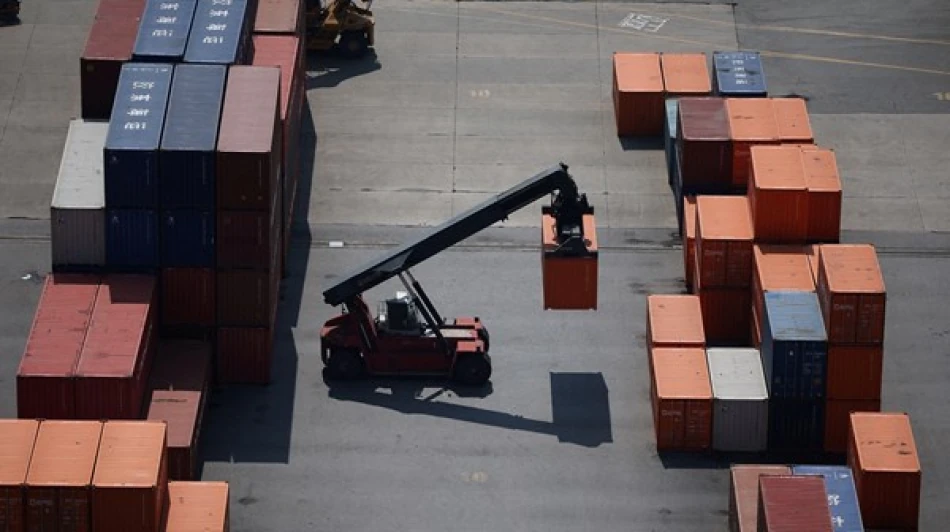
South Korea Prepares Trade Package Ahead of U.S. Tariff Suspension Expiration
South Korea Scrambles to Avoid Trump's Trade War as Tariff Deadline Looms
South Korea is racing against time to craft a bilateral trade package with the United States before August 1, when temporary exemptions from American tariffs are set to expire. The urgency reflects Seoul's determination to avoid becoming collateral damage in what appears to be the Trump administration's broader strategy of renegotiating trade relationships through economic pressure.
Shipbuilding Takes Center Stage in Trade Negotiations
The proposed trade package will prominently feature cooperation in shipbuilding, a sector that has emerged as a key focus for U.S. Trade Secretary Howard Lutnick. This emphasis signals a strategic shift in how Washington views industrial partnerships, moving beyond traditional trade deficit discussions to target specific high-value manufacturing sectors.
The shipbuilding focus makes economic sense for both nations. South Korea dominates global shipbuilding with companies like Hyundai Heavy Industries and Samsung Heavy Industries controlling significant market share, while the United States seeks to rebuild its naval and commercial shipbuilding capacity for national security reasons.
High-Stakes Ministerial Meetings Ahead
The diplomatic calendar reveals the seriousness of these negotiations. South Korean Finance Minister Ko Yoon-cheol and Foreign Minister Cho Hyun will hold separate meetings with their American counterparts—Treasury Secretary Scott Bessent and Secretary of State Marco Rubio—in the coming days. This dual-track approach suggests both economic and strategic dimensions are at play.
A Familiar Playbook with New Urgency
South Korea's scramble echoes similar scenarios from Trump's first presidency, when allies found themselves navigating sudden trade policy shifts. However, the current situation differs in its specificity—targeting shipbuilding cooperation rather than broad tariff threats suggests a more calculated approach to reshaping supply chains.
Unlike the sweeping tariffs imposed on China or threatened against Mexico, the U.S. approach toward South Korea appears more surgical. This reflects Seoul's strategic importance as a key ally in containing China's influence in the Indo-Pacific region.
Market Implications and Investor Outlook
For investors, South Korea's proactive stance likely signals confidence in reaching a mutually beneficial agreement. The country's export-dependent economy cannot afford a prolonged trade dispute with its second-largest trading partner. Korean shipbuilding stocks and broader market indices will likely remain volatile until clarity emerges from the ministerial meetings.
The emphasis on shipbuilding cooperation could also benefit American defense contractors and steel producers, as any partnership would likely involve technology transfers and supply chain integration that favors U.S. industrial capacity.
Strategic Calculations Beyond Trade Numbers
This negotiation represents more than trade balancing—it's about industrial strategy in an era of great power competition. The United States recognizes that maintaining technological and manufacturing advantages requires partnerships with advanced allies like South Korea, particularly in sectors critical to national security.
For South Korea, offering shipbuilding cooperation provides a valuable bargaining chip that aligns with U.S. strategic interests while preserving its own industrial advantages. The outcome of these talks may well set the template for how other U.S. allies navigate the new administration's trade priorities.
Most Viewed News

 Layla Al Mansoori
Layla Al Mansoori






